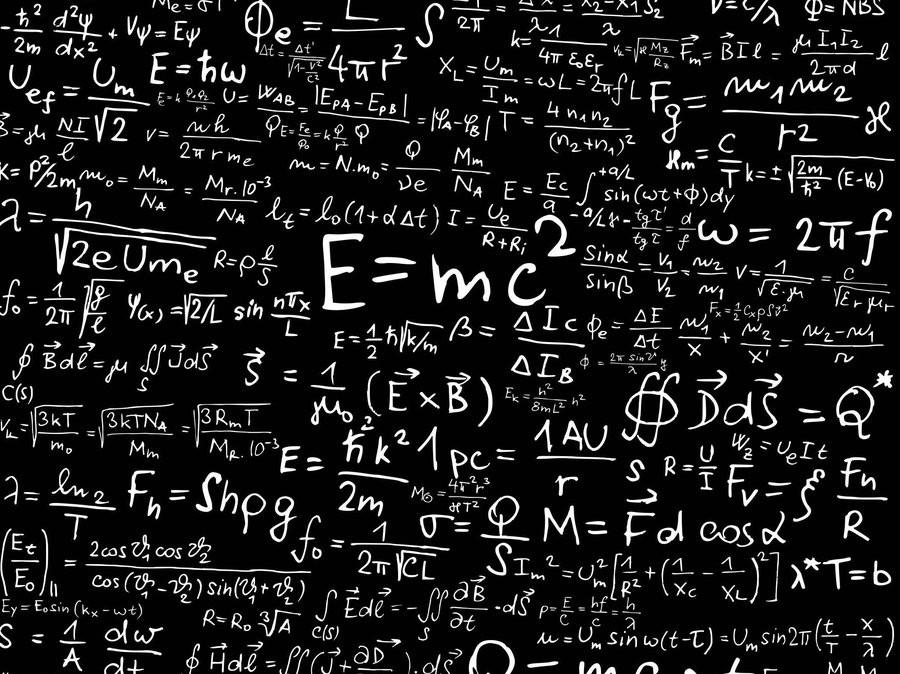Einstein’s General Theory of Relativity proved with collision of two black holes
As of February, scientists have confirmed that they have listened to and recorded the collision of two black holes from a billion light-years away. This new information proves Einstein’s general theory of relativity to be accurate. The wave’s tones are the first evidence of gravitational waves, which were never before been proven to be exact. The ringing sound also solidifies the fact that there is nature present within these black holes.
“I think that this discovery is not only monumental, but has shown how far science has come,” said senior Connor Parille.
In 1916, Einstein predicted that gravitational waves existed as part of his general theory of relativity. General relativity gives a new connotation to the gravitational pull between Earth and the sun as they pass through space and time. When black holes are involved, the theory states that gravitational waves will originate and circulate across the entire universe.
“It is a really big event,” says Saul Teukolsky, a theoretical astrophysicist at Cornell University. “This is probably the most exciting episode of my professional career.”
This new discovery has proven that science has come along way. This is a monumental event for the science community.
“It is like looking at the universe with new eyes — the amount of information that is there is going to be amazing,” said Mina Arvanitaki, a theorist at the Perimeter Institute of Physics in Waterloo, Ontario.
Since February, this idea has been just a theory, but now after 100 years, Einstein’s awaited prediction has been proven to be true, creating excitement for all.
Your donation will support the student journalists of Calabasas High School. Your contribution will allow us to purchase equipment and cover our annual website hosting costs.







